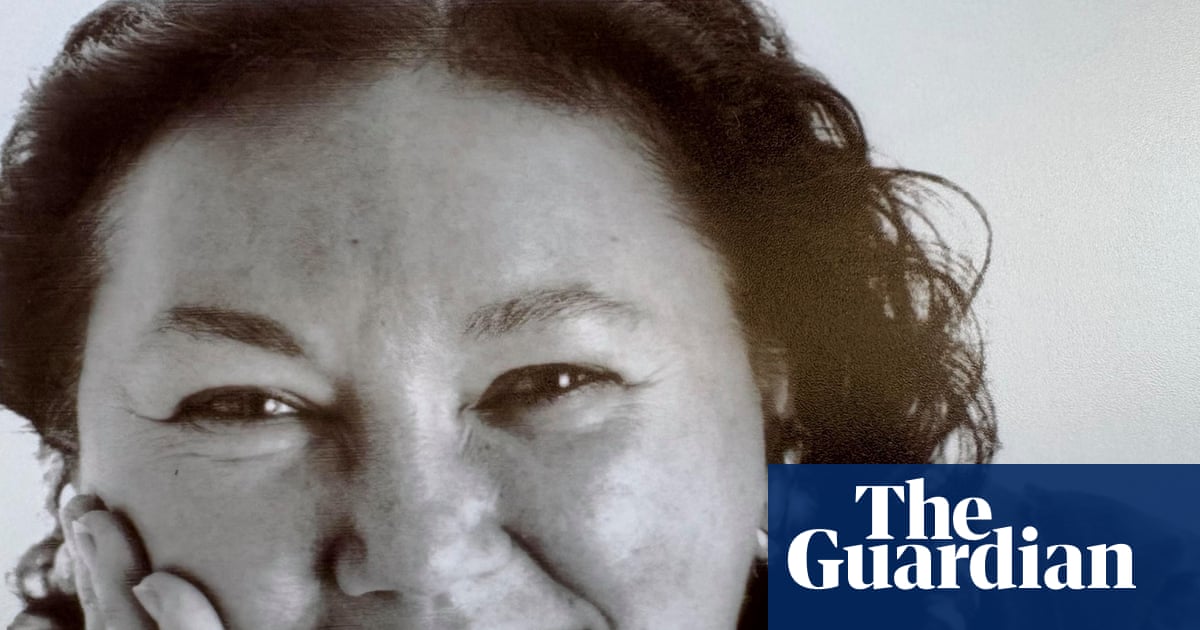
"In 2021 they scaled it down, continuing their work at Spectrum Studio Highgate. The humanistic approach to psychotherapy addresses issues such as depression, anxiety, addiction or trauma, and life events such as childbirth, relationship difficulties, loss and bereavement. It does so not by diagnosis or pathologising, but by increasing self-awareness through dialogue with a therapist, and learning how to shape one's own experience, and to outgrow and transcend one's difficulties."
"The range of approaches that Jenner's work encompassed grew out of more traditional forms of psychoanalysis and behaviour therapy, and as a reaction to their limitations, from the 1960s onwards. Its emphasis lay on healthy personal development rather than trying to fix emotional pathology, with the client being an active participant in a collaborative process. It recognised the importance of the body in psychological processes and the primacy of lived experience over theory."
"This was a huge shift in the culture of psychotherapy from a medical model to a personal growth model. Jenner and Terry added to the toolbox of methods available to therapists in the UK, through the techniques of gestalt therapy focusing on the moment; person-centred therapy emphasising self-discovery; encounter therapy learning through interactions in a safe group setting; transactional analysis investigating patterns of communication; and formative therapy exploring growth, resilience and transformation. They integrated these techniques and much else into everyday practice."
Jenner Roth founded the Spectrum Centre for Humanistic and Integrative Psychotherapy in Finsbury Park in 1975 and co-directed it with Terry Cooper for about fifty years. The centre became the UK's largest training centre of its kind and in 2021 scaled down operations, continuing at Spectrum Studio Highgate. The humanistic approach addresses depression, anxiety, addiction, trauma and life events by increasing self-awareness through therapeutic dialogue rather than diagnosis. The approach emphasises healthy personal development, body involvement and lived experience, integrating gestalt, person-centred, encounter, transactional analysis and formative therapies into training and original programmes such as sexuality and anger work.
Read at www.theguardian.com
Unable to calculate read time
Collection
[
|
...
]